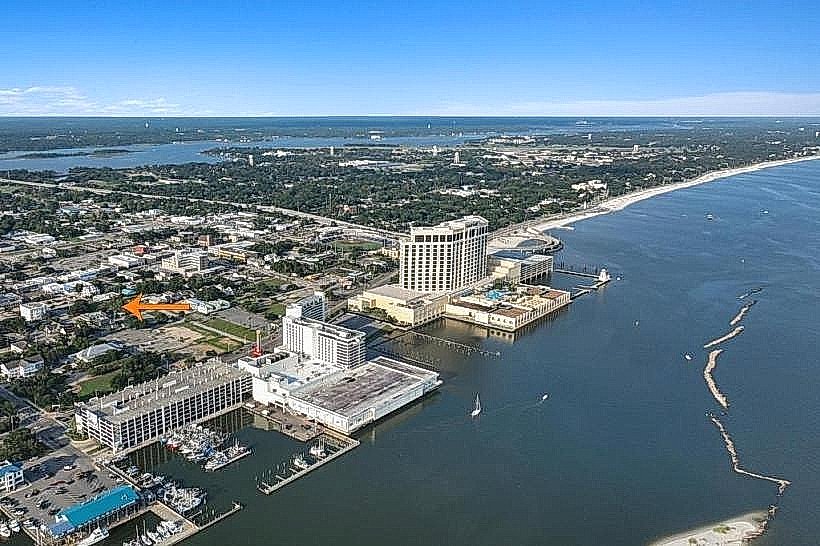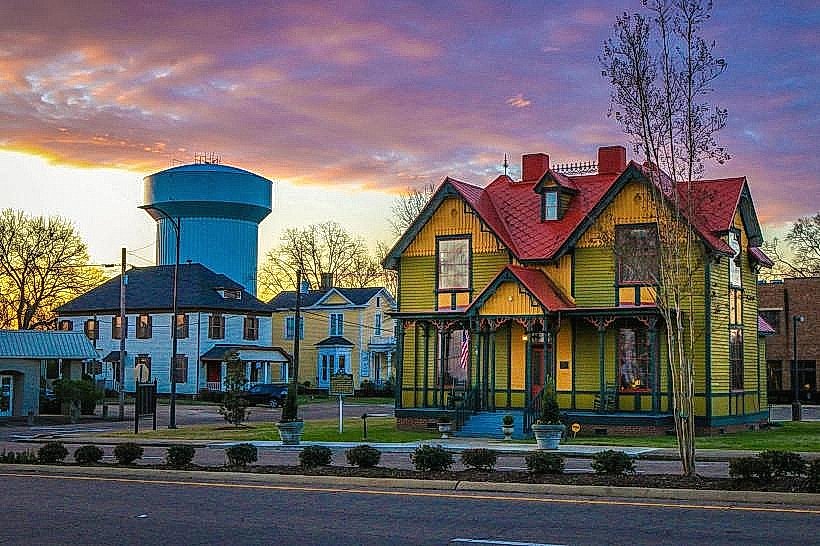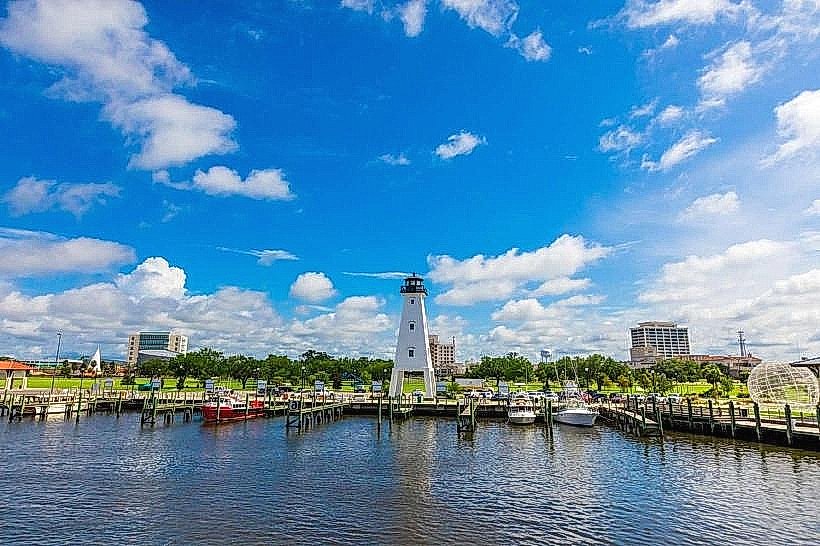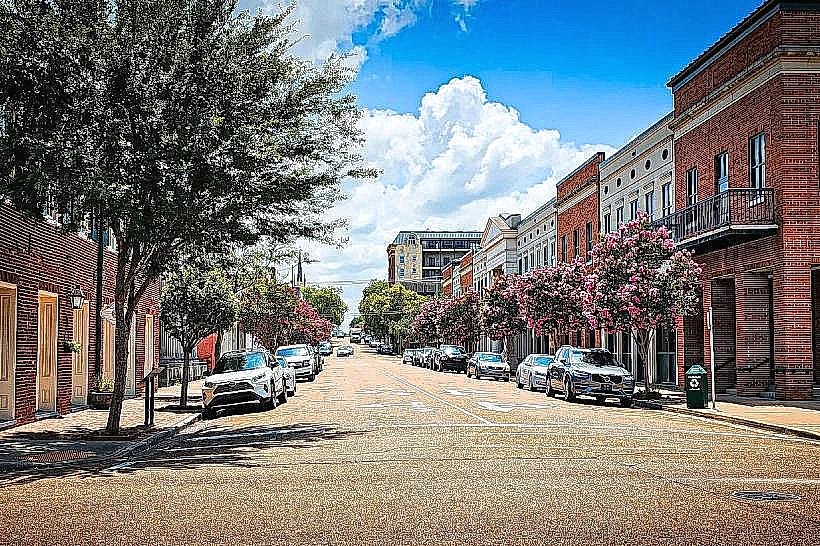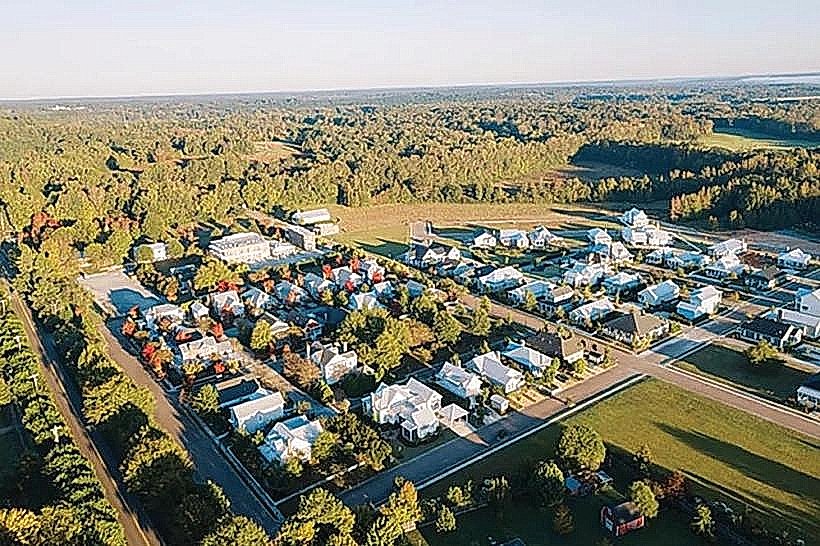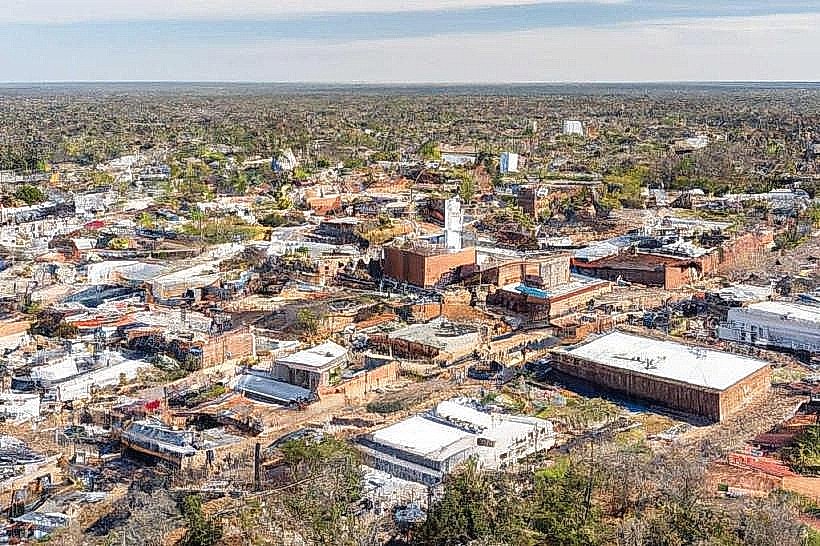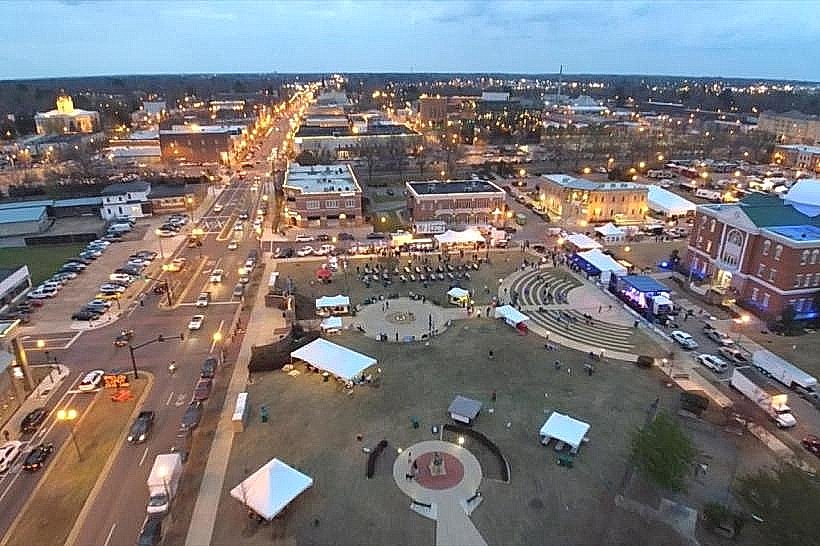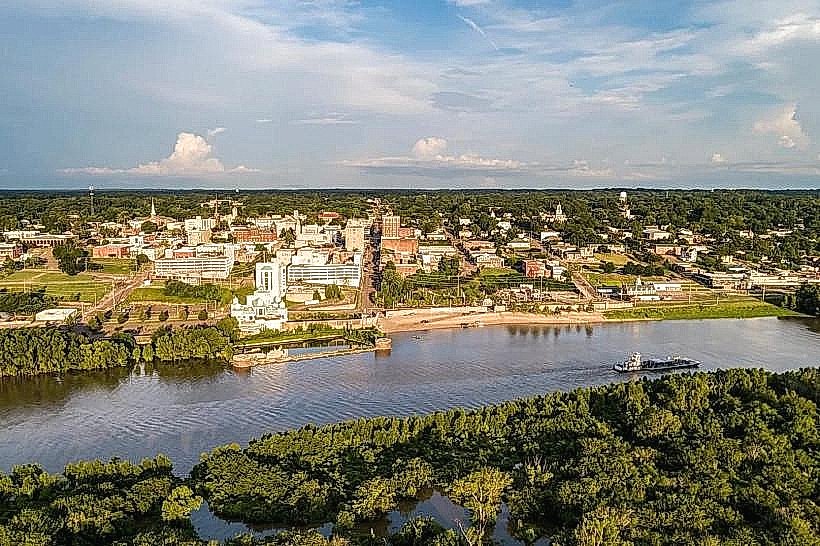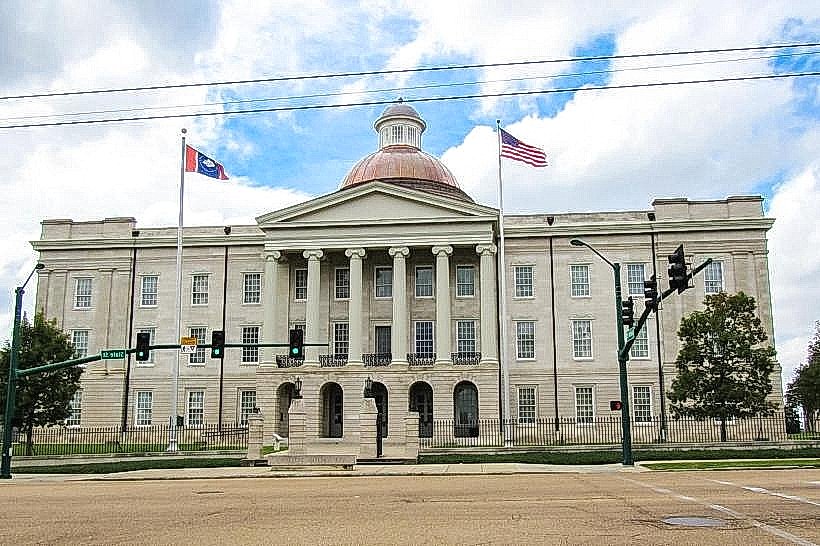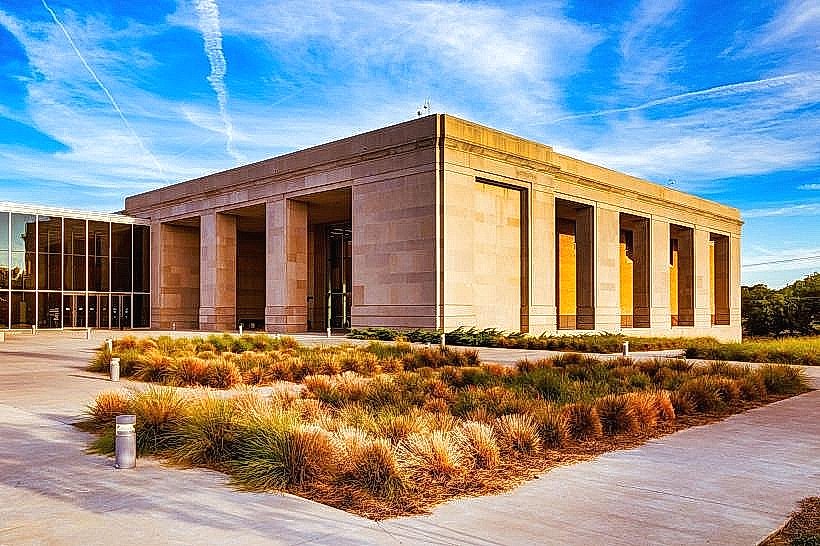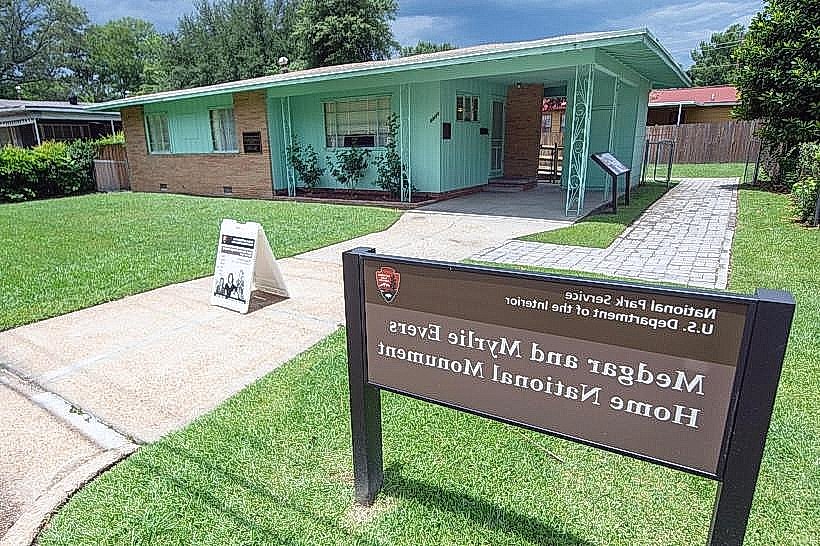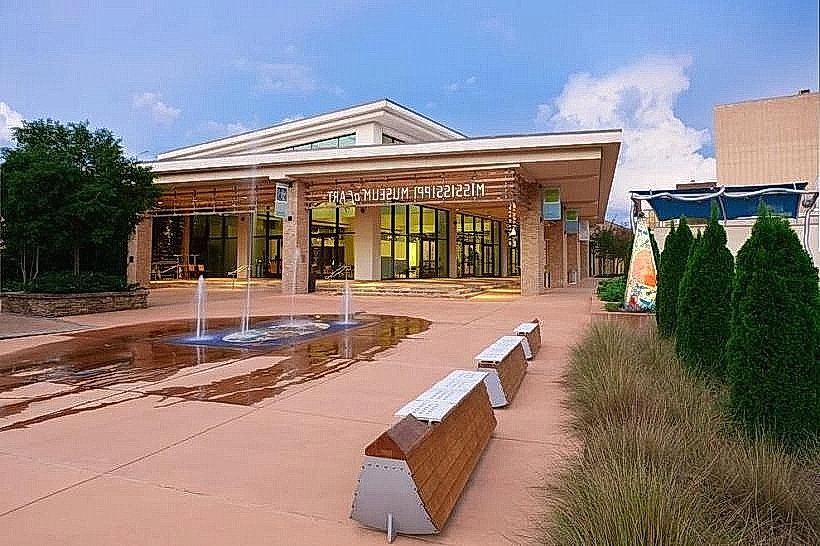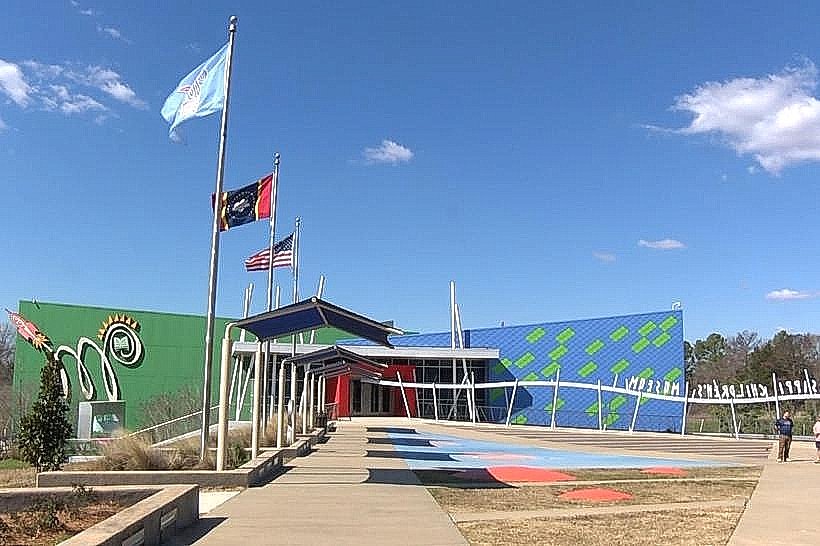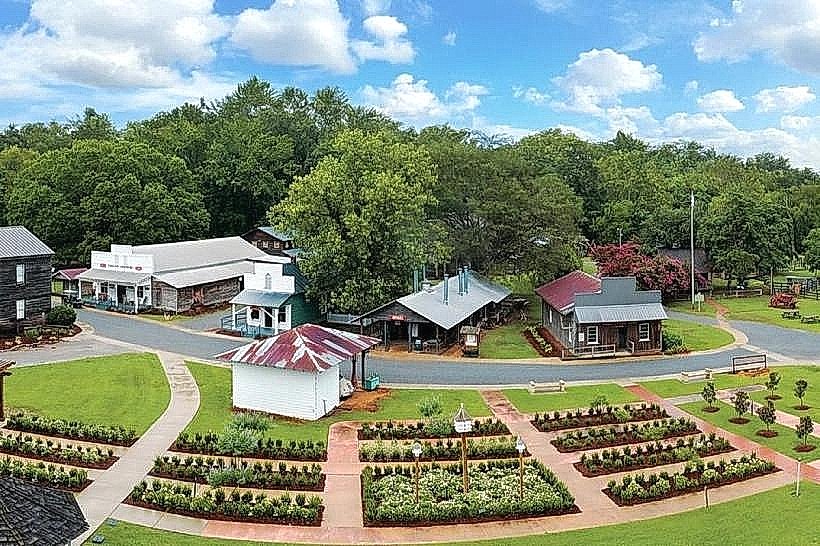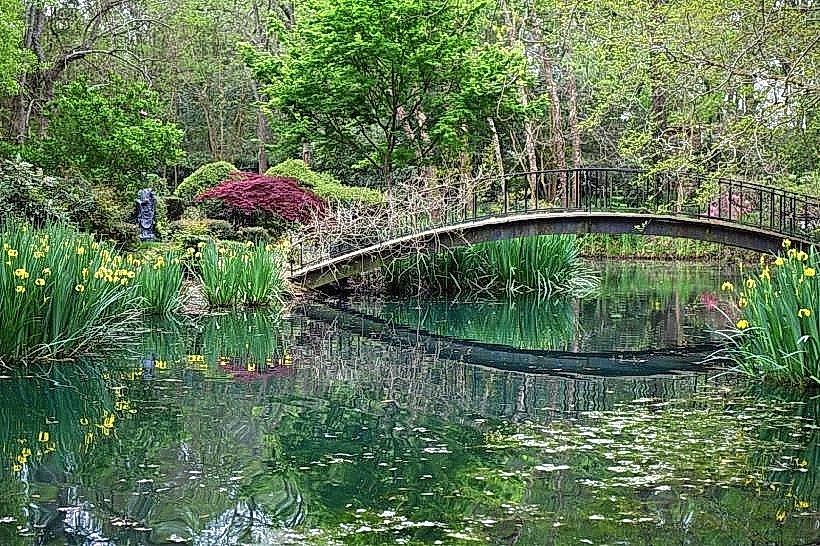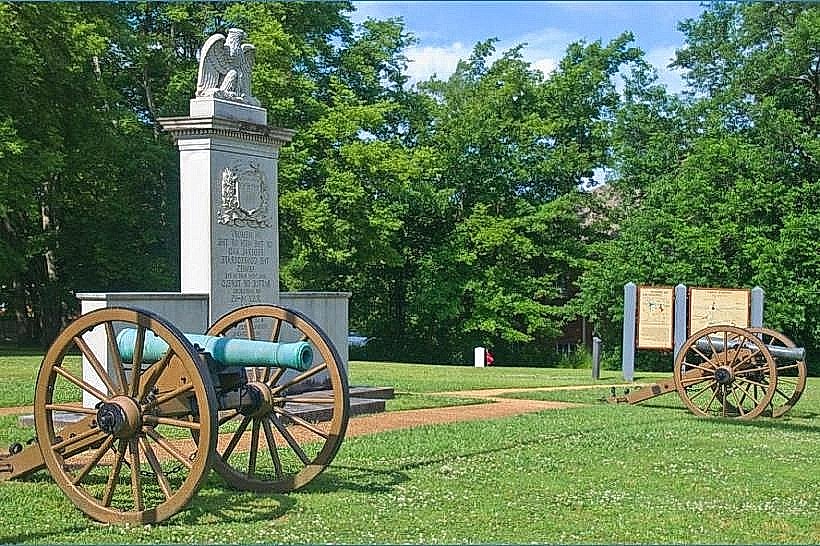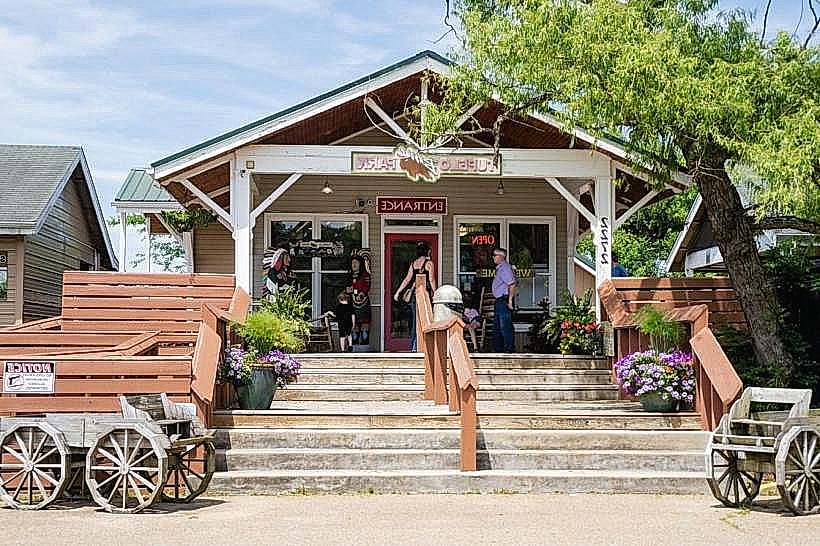Information
Country: USA MississippiContinent: North America
USA Mississippi, North America
Mississippi is located in the Deep South region of the United States, bordering Tennessee to the north, Alabama to the east, the Gulf of Mexico and Louisiana to the south, and Louisiana and Arkansas to the west across the Mississippi River. The geography consists of lowland plains and low hills, featuring the fertile Mississippi Delta in the northwest and the Pine Belt in the south. The capital city is Jackson.
History & Culture
Mississippi was admitted to the Union in 1817 as the 20th state. Its history is characterized by the Mississippian mound-building cultures, the antebellum cotton era, and its central role in the American Civil Rights Movement. The state is globally recognized as the "Birthplace of the Blues." Primary religious affiliations are Protestant (77%) and Catholic (4%). Social etiquette emphasizes traditional Southern hospitality, religious devotion, and a standardized 18–25% tipping expectation.
Language & Communication
The official language is English. English proficiency is universal. Spanish is the second most common language (spoken by approx. 3.5%). The "Deep South" dialect is dominant, often featuring non-rhoticity and the use of "y'all."
Population & Economy
The population is approximately 2.94 million. Top export commodities are petroleum and coal products ($4.4B), computer and electronic products ($1.6B), and chemicals. GDP per capita is approximately $48,000 USD (the lowest in the U.S.). The economy is driven by agriculture (poultry, catfish, and cotton), manufacturing, and the gaming/tourism industry along the Gulf Coast and the Mississippi River.
Visa & Entry Policy
Effective January 1, 2026, under Presidential Proclamation 10998, visa issuance is suspended or restricted for nationals of 39 countries to enhance security vetting. Citizens of most EU nations and the UK require an ESTA for stays up to 90 days. Other international travelers require a B1/B2 visa. There is no Visa on Arrival system. Customs enforcement at Jackson-Medgar Wiley Evers (JAN) and Gulfport-Biloxi (GPT) is strict regarding agricultural items.
Currency & Payment Systems
The currency is the United States Dollar (USD). Card payments and mobile "tap-to-pay" are universal in urban areas and casinos. Cash is common at rural produce stands and for small tips. ATM availability is high, with dense networks in convenience store chains like Circle K.
National Transport Grid
Intercity travel is dominated by the Interstate Highway System (I-55, I-20, I-10). Amtrak provides service via the "City of New Orleans" and "Crescent" lines. Domestic aviation is anchored by Jackson-Medgar Wiley Evers (JAN) and Gulfport-Biloxi (GPT). The Port of Pascagoula and Port of Gulfport are major maritime hubs.
Digital Infrastructure
Major mobile network providers are AT&T, C Spire, and Verizon. 5G coverage is comprehensive in Jackson and the Gulf Coast. 4G LTE is the standard in rural areas. By 2026, the state is actively deploying federal grants to expand high-speed fiber to the underserved Delta and Pine Belt regions. Signal strength is often weak in the remote national forests and swamp environments.
Climate & Seasonality
The climate is humid subtropical, featuring long, hot, humid summers and short, mild winters. For the 2025–2026 winter, La Niña conditions have resulted in warmer and drier-than-average patterns in the southern half of the state. Hurricane season (June–November) is the primary environmental risk period for the coastal counties.
Health & Safety
No mandatory vaccines are required for entry. Specific environmental risks include extreme summer heat, severe thunderstorms/tornadoes, and tick-borne illnesses. The emergency number for Police, Ambulance, and Fire is 911.
Top 3 Major Regions & Cities
Central Mississippi (Government/Education/Industry): Hub city is Jackson.
The Gulf Coast (Gaming/Maritime/Aerospace): Hub city is Gulfport/Biloxi.
The Mississippi Delta (Agriculture/Music History): Hub city is Greenville.
Local Cost Index
1L Water: $2.10 USD
1 Domestic Beer: $5.00 USD
1 Sim Card (Data Plan): $45.00 USD
Facts & Legends
Mississippi produces more than half of the farm-raised catfish in the U.S. A prominent local legend is the "Witch of Yazoo," who allegedly cursed Yazoo City to burn down in 1904, a prophecy locals claim was fulfilled by a massive fire exactly 20 years after her death. Additionally, the "Singing River" (Pascagoula River) is famous for a mysterious, unearthly humming sound that French explorers first documented in 1699.

